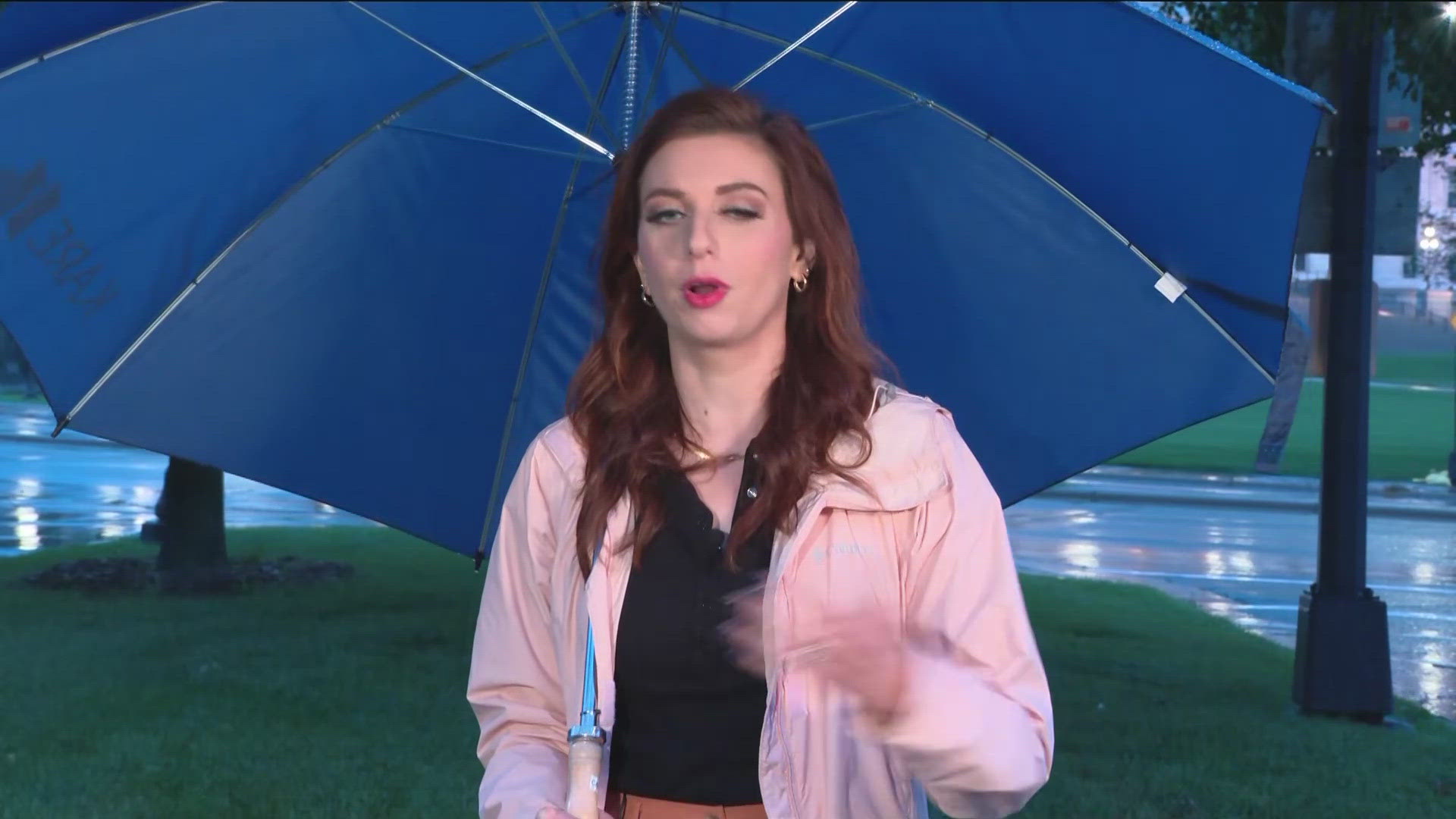ST PAUL, Minn — A series of new laws are going into effect Thursday in Minnesota, including ones related to the ability of parents with disabilities to adopt, booster seats, child custody, and carbon monoxide detectors.
Child restraint changes
There are new provisions to the transportation policy law taking effect Aug. 1, including to the requirements around booster seats.
Before these changes, state law required car seats to be used according to the manufacturer's instructions on height and weight. Now, the new laws specify ages for rear and forward-facing car seats, booster seats and seat belts. The new laws also increase the booster seat requirement from 8 to 9 years old.
To see the full list of specific changes based on the child's age, click here.
Rights for parents with disabilities
Starting Aug. 1, courts cannot deny prospective parents the chance to adopt a child due to the parent's disability. On top of that, the court cannot deny parenting time with their child because of the parent's disability, unless the parent "has specific behaviors that would endanger the health or safety of the child."
Custody and parenting time modifications
Laws related to custody are getting some updates starting Aug. 1. Family law court must now consider the opportunity for a minor child to develop a relationship with each parent when determining custody and parenting time. Additionally, when deciding custody, family law courts cannot prefer one parent or the other solely based on the parent's gender.
Also updated this August, the court must order compensatory parenting time when a child is intentionally kept from visiting the other parent. If a parent repeatedly and intentionally denies parenting time to the other parent, the court must impose a fine of up to $500.
Minnesota Human Rights Act clarifications
New laws go into effect this Thursday clarifying protections within the Minnesota Human Rights Act. This includes making sure people with episodic disabilities are covered by disability protections and allowing people or groups claiming discrimination with the Department of Human Rights to use an alternative dispute resolution, including mediation, to try and resolve the matter.
Other news laws to know about
- Related to election officials and their families, it's illegal to make information about them "publicly available without consent if the information’s availability poses an imminent and serious threat to the safety of the official, their family or household member and the person making the information available knows of any imminent or serious threat." Starting on Aug. 1, the definition of personal information is expanding to include the official's phone numbers, personal email, minor child's names, and pictures of minor children.
- To collect DNA from a juvenile, parental consent a warrant, or a court order are required.
- There will be immunity for people acting in good faith to help someone else receive medical assistance for a drug-related overdose.
- Using force against another person based on a belief about the other person's sexuality will not constitute an authorized use of force.
- Swatting calls — when someone makes a false emergency call that elicits a law enforcement response — is rising from a gross misdemeanor to a felony when said call sends first responders to the home of an elected official, judge, prosecuting attorney, employee of a correctional facility or peace officer.
- It will be a misdemeanor to knowingly make public personal information about a judicial official with the intent to threaten, intimidate, harass, or physically injure. If publishing this information does cause bodily harm it will be a felony.
- Every guest room in a hotel or lodging house must have an operational and approved carbon monoxide alarm installed.

